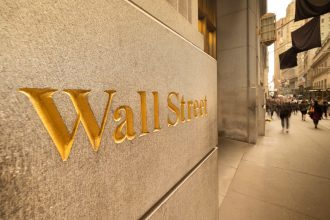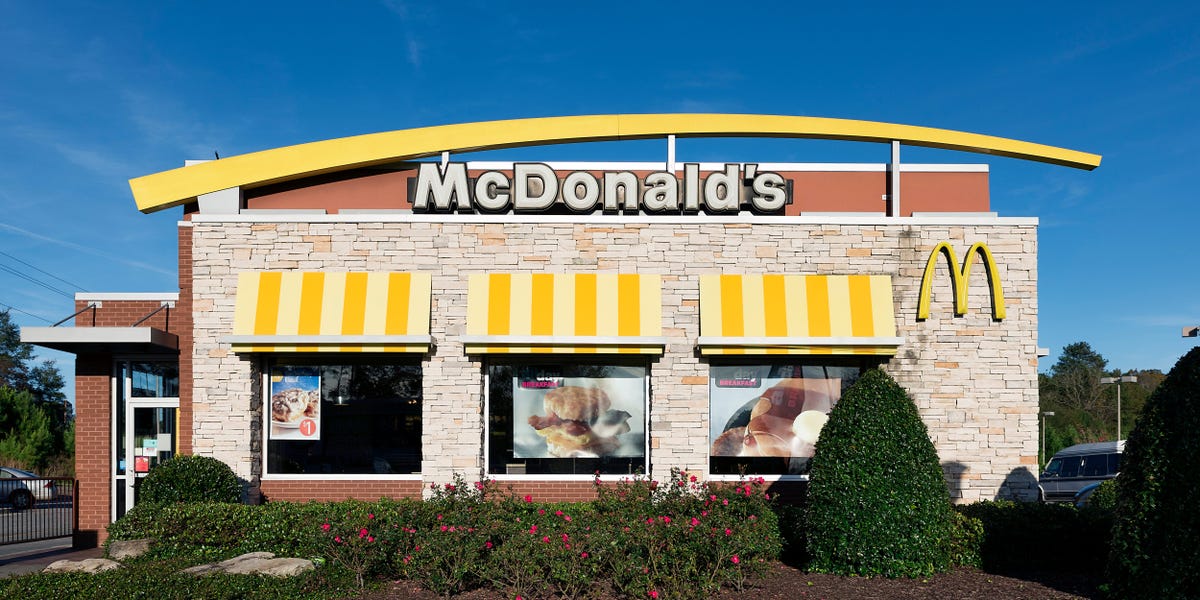- Over 100 McDonald’s workers said they were harassed and abused at work, the BBC reported.
- It’s a PR nightmare, but McDonald’s doesn’t actually directly employ them.
- The franchise model is common among fast-food companies, but it could be at risk.
Over 100 McDonald’s workers in the UK told the BBC that they faced a toxic work environment that led to harassment, bullying, assault, and abuse.
Many of the workers said their managers were the perpetrators of the behavior, and some said they felt scared to report it, or that they did and nothing came of it.
In a statement to the BBC, McDonald’s said it had “fallen short” and it “deeply apologized.”
For the biggest fast-food chain in the world, it’s a PR nightmare. On Twitter, the story has been widely shared, as consumers demanded the company do more to protect its workers. Some are calling for a boycott, and others who say they also worked at McDonald’s shared similar allegations.
How McDonald’s can deal with the issue is complicated by its business model.
The vast majority of its restaurants in the UK (and elsewhere) are franchises, meaning third-party business owners pay to use McDonald’s branding and sell its food items, and rent their premises from the corporation, but the company doesn’t operate the business. The model, which is adopted by a lot of restaurant chains, is hugely profitable.
Harry J. Sonneborn, the company’s first ever president, once said that McDonald’s isn’t even really a fast-food business, but a real-estate one: “The only reason we sell 15-cent hamburgers is because they are the greatest producer of revenue, from which our tenants can pay us our rent,” he said.
In the US, when workers have complained about their treatment at the hands of franchise owners, McDonald’s as a corporate has at times been able to avoid direct involvement. But only about a third McDonald’s restaurants are in the US, according to 2021 data, and a model that limits the brand’s responsibility for what happens inside its franchises is under greater scrutiny.
In February, McDonald’s signed an agreement with the UK’s Equality and Human Rights Commission pledging to do more to protect workers from sexual harassment.
Now, a UK lawmaker has argued it’s McDonald’s responsibility to make sure workers at franchises are being treated fairly.
Currently, there is no legislation in England and Wales that regulates franchising specifically, but that doesn’t mean it will stay that way.
Read the full article here





